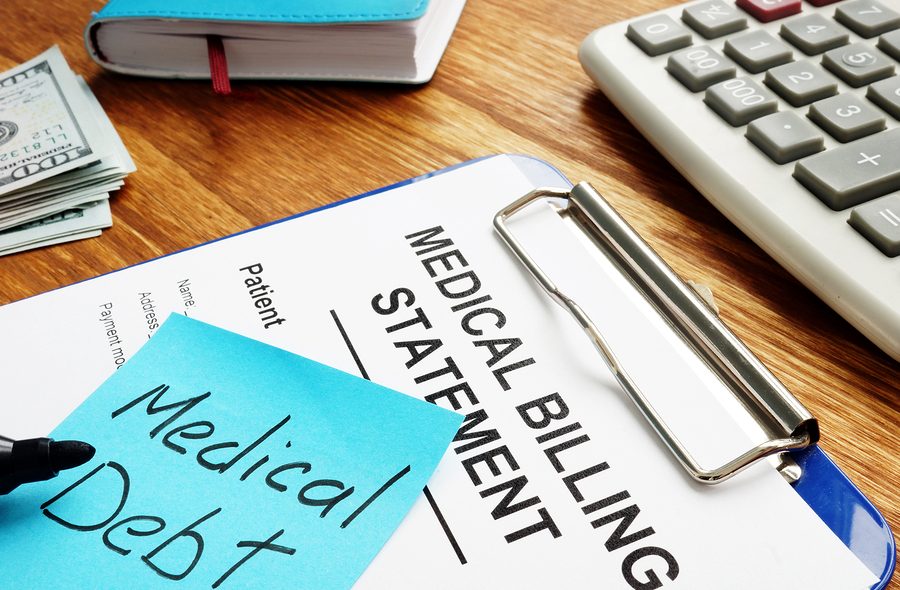Following the 2008 housing crash, your credit score now plays a major role in the home buying process. Having a low credit score can result in borrowers having a higher mortgage interest rate and sometimes not qualifying for a loan at all.
FICO’s new credit score model is expected to change all that. The upgrade, called FICO 9 is likely to result in a seismic shift in credit reporting, helping those who have had less than perfect credit.
FICO 9 will be released this fall and will be less sensitive to medical collections information reported to credit bureaus. According to FICO, the median FICO score for consumers who only have medical collections on their credit report will increase by 25 points with the changes.
The new model also drops collection agency accounts that are paid off either in full or via a settlement. In addition, under FICO 9 people will be able to get a credit score even if they lack credit history. Credit bureaus will instead be able to pull their phone bill or cable bill. This will tell lenders if the applicant is at risk of defaulting or if they have a good track record of paying their bills on time.
Mortgage experts do not anticipate FICO 9 having a dramatic increase in new home sales, but they do say, “It will help a set group of people secure a loan or get better terms.”
Under the current FICO score, a settled collection account can drop a score down low enough to not qualify for a mortgage. Under FICO 9, borrowers who could not pay their debt in the past but are now back on track, will not be penalized for past credit mistakes.
If you have any questions on this topic or are in financial crisis and considering filing for bankruptcy, contact an experienced Miami bankruptcy attorney who can advise you of all of your options. As an experienced CPA as well as a proven bankruptcy lawyer, Timothy Kingcade knows how to help clients take full advantage of the bankruptcy laws to protect their assets and get successful results. Since 1996 Kingcade & Garcia, P.A. has been helping people from all walks of life build a better tomorrow. Our attorneys’ help thousands of people every year take advantage of their rights under bankruptcy protection to restart, rebuild and recover. The day you hire our firm, we will contact your creditors to stop the harassment. You can also find useful consumer information on the Kingcade & Garcia website at www.miamibankruptcy.com.
Related Resources: http://www.foxbusiness.com/personal-finance/2014/09/10/what-fico-new-credit-score-formula-means-for-home-buyers/

